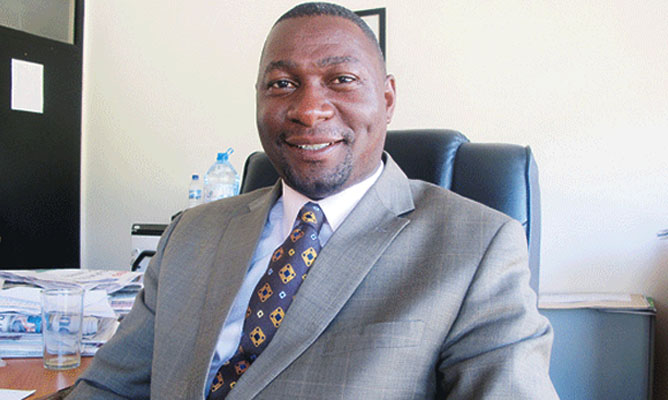
The rapid technological developments of the past few decades have affected almost every sphere of our livelihoods; this is also true for human rights discourse. As access to the internet is improving worldwide, there has been a corresponding increase in discussions on how the internet affects human rights and whether access to the internet is at all connected to human rights.
In brief, human rights are those inherent rights that you and I are born with simply because we are human beings, in our 2013 Constitution these rights are enshrined in Chapter 4 which is entitled “The Declaration of Rights”. The aim of this article is to examine the idea of the internet as a human right and what this means in the day-to-day lives of ordinary Zimbabwean citizens.
There are currently two differing opinions on the idea of the internet as a human right. On one hand, the Human Rights Council of the United Nations General Assembly in a 2011 report, declared access to the Internet a basic human right which enables individuals to exercise their right to freedom of opinion and expression, as well as to enjoy other fundamental human rights. On the other hand, pioneers of the internet such as Vint Cerf, who co-created the networking technology that made the Internet possible, wrote that internet access was not a human right, arguing that technology is an enabler of other rights but not a right itself.
This difference of opinion is likely to rage on for the foreseeable future, however, one fact both camps support is the idea that access to Internet has made it easier for people around the world to exercise and enjoy other rights.
Is any of the information discussed above relevant to Zimbabwe? Well, Zimbabwe has not been left behind in the access to Internet race. Postal and Telecommunications Regulatory Authority of Zimbabwe (Potraz) statistics show that an estimated 48,1% of the Zimbabwean population now has access to Internet.
According to the same statistics, 95% of Zimbabweans access Internet via mobile devices such as phones and tablets. This high rate of access to Internet via mobile devices is mainly due to an uptake of services such as WhatsApp and Facebook which people now use as a cheaper alternative to voice calls and traditional SMS texting.
Almost half of Zimbabwe’s total population now has some form of access to the internet, but the big question for me, is how many of these users know that they are using the internet and more importantly, how many Internet users understand the rights that people have in an online environment?
- Chamisa under fire over US$120K donation
- Mavhunga puts DeMbare into Chibuku quarterfinals
- Pension funds bet on Cabora Bassa oilfields
- Councils defy govt fire tender directive
Keep Reading
According to statements by Information, Communication and Technology, Postal and Courier Services minister Supa Mandiwanzira, government is currently working on legislation meant to regulate how Zimbabwean citizens use the internet. Ideally, these “Cyber Bills” should promote and protect each person’s fundamental rights in an online environment.
Examples of fundamental rights that need protection online are rights such as the right to privacy, the right to freedom of expression and opinion as well as the right to human dignity.
The danger is that if we as a citizenry remain ignorant of our online rights, various perpetrators can violate those rights and we would not even know it, let alone be able to seek recourse for those violations.
Furthermore, without a knowledge of our online rights we will not be able to make a positive contribution to the public discussion on what should and should not be included in these proposed Cyber Bills. Internet in its various forms has the potential to be a neutral platform where people come together to share ideas, opinions and in some instances make a living.
However, this fair and neutral access to the internet is only realised when the internet is used and regulated in a manner that recognises, respects and promotes the human rights of Internet users.
●Kuda Hove has an interest in the promotion and protection of fundamental rights online. Email: [email protected]












